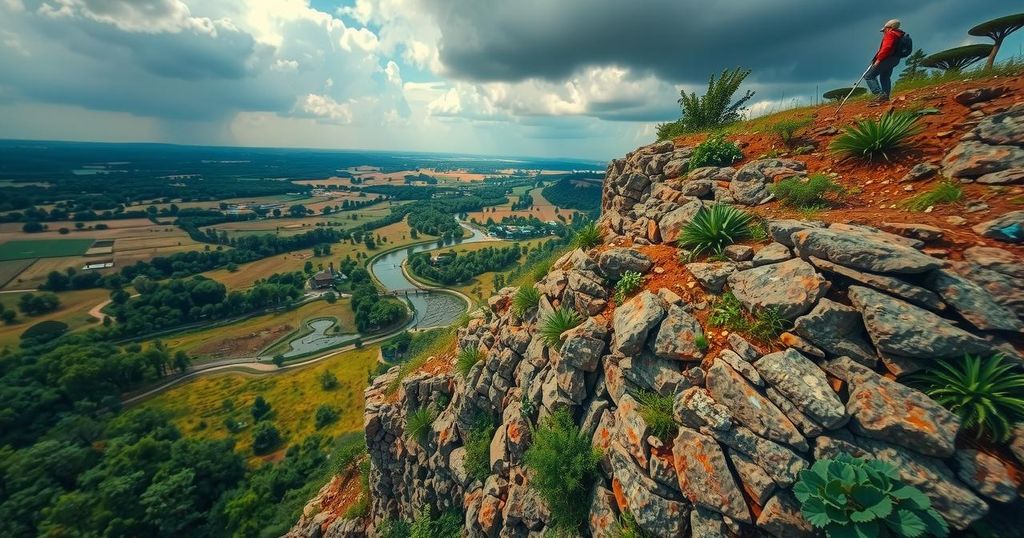Russia and Zimbabwe have conducted their first joint geological expedition, focusing on the Magondi belt. The mission involved collecting rock samples and uncovered paleontological discoveries. Additionally, they established two environmental monitoring stations at the University of Zimbabwe, enhancing bilateral scientific collaboration and research on climate patterns and ecosystems.
Russia and Zimbabwe have launched their inaugural joint geological expedition, which included participation from experts and students of the University of Zimbabwe alongside researchers from the Russian State University for Geological Prospecting. This expedition targeted the Magondi belt located in the northwest of Zimbabwe, an area noted for its geological significance. During this mission, the team collected rock samples and made important paleontological findings. Furthermore, the collaboration facilitated the creation of two environmental monitoring stations, ECOGEOSCAN 1 and 2, at the University of Zimbabwe. This initiative represents a significant step in fostering scientific partnerships between the two nations and aims to bolster research into ecosystem dynamics and climate trends within the region, ultimately contributing to a deeper understanding of the geological evolution of Africa’s crust.
The collaborative expedition underscores a growing interest in geological and environmental studies in Africa, particularly focusing on the Magondi belt, which is characterized by its rich geological heritage. The partnership between Russia and Zimbabwe not only enhances academic research capabilities but also strengthens international relations through scientific cooperation. The establishment of environmental monitoring stations is particularly crucial in the context of climate change, as it will enable ongoing assessments of environmental stability and changes in ecological patterns over time.
In conclusion, the joint geological mission between Russia and Zimbabwe marks a significant milestone in scientific collaboration, providing valuable insights into the geological and environmental conditions of the Magondi belt. The creation of monitoring stations will facilitate future research that can inform better environmental practices and enhance understanding of regional climate impacts. Such partnerships are vital for advancing knowledge and addressing global environmental challenges effectively.
Original Source: iafrica.com






